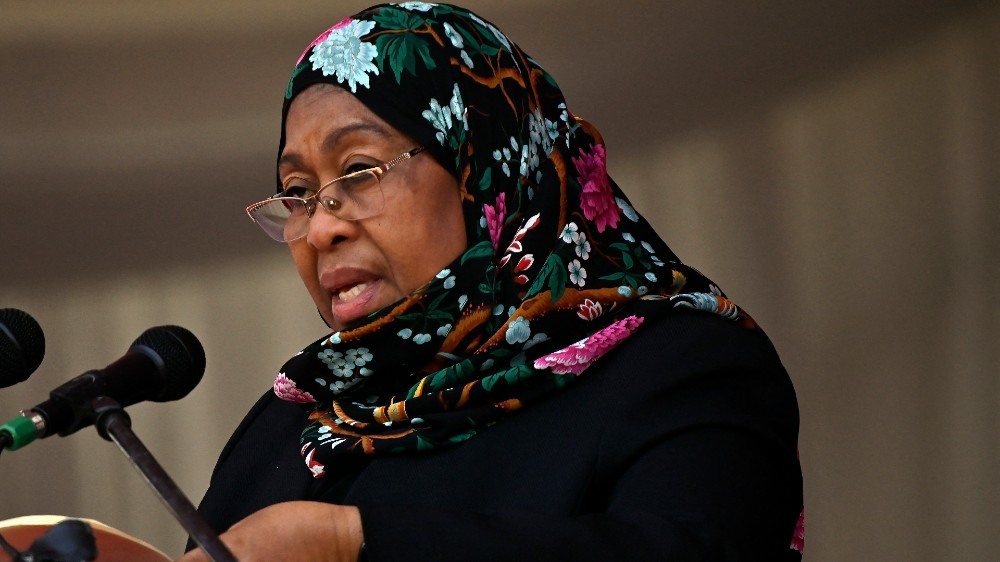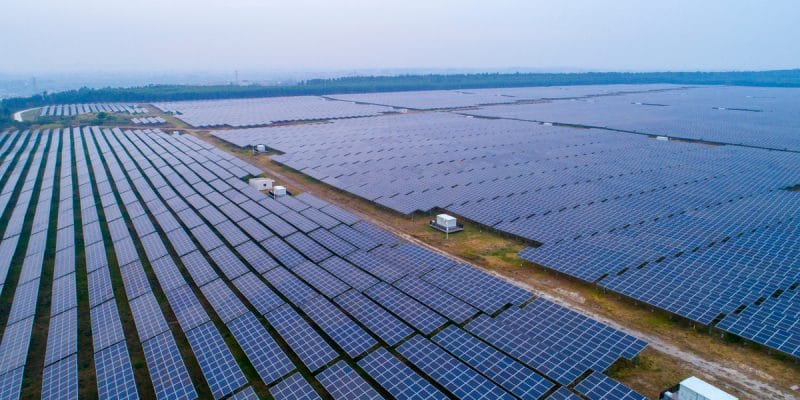Political leaders in Somalia have come to a conclusive agreement on long-delayed presidential elections pointing out that the elections are now set to happen on October 10th this year.
According to a statement from the office of Somalia’s Prime Minister Mohammed Hussein, the timetable for indirect parliamentary and presidential elections has already been unveiled.
The stakeholders involved in the planning have also agreed on the roadmap for voting following two days of talks in Mogadishu.
“I commend the leaders of the council and hope the election will be a peaceful and transparent one, based on the agreed-upon schedule and processes,” Mohammed Hussein.
Earlier on President Mohammed Abdullahi commonly known as Farmajo and the leaders from Somalia’s five states had been unsuccessful in agreeing on the terms of voting, before the lapse of his term in February. This has led to uncertainties triggering constitutional crises.
In April, negotiations had collapsed and the lower house of parliament decided to extend the president’s mandate by another two years paving the way to a civil war in Somalia’s capital city Mogadishu.
Due to this political pressure, HE. Farmajo reversed the mandate extension and appointed his prime minister Mohammed to reconvene the state leaders and agree on the way forward for national elections.
The warring leaders then agreed to the order from the president and unveiled in May plans to start the multi-stage election process in a period of 60 days, a move which has helped in cooling political tension.
This year, on July 25th, elections for an upper house are set to commence while between the period of August 10th and September 10th the lower house elections are expected to take place. Afterwards, both houses will then meet and convene the presidential elections that are set to take place on October 10th.
The upcoming elections like others have followed a complex indirect model. The country has never held a direct one-person,one-vote election since 1969 because Siad Barre had led a coup and went on the rule for twenty years.
Barre’s military government collapsed in 1991 making Somalia fall into anarchy, and repeated efforts to organize such a ballot have since been disrupted by what has been arguably termed as lack of political will.
Women candidates will pay less to register, in the spirit of boosting female electoral participation.


